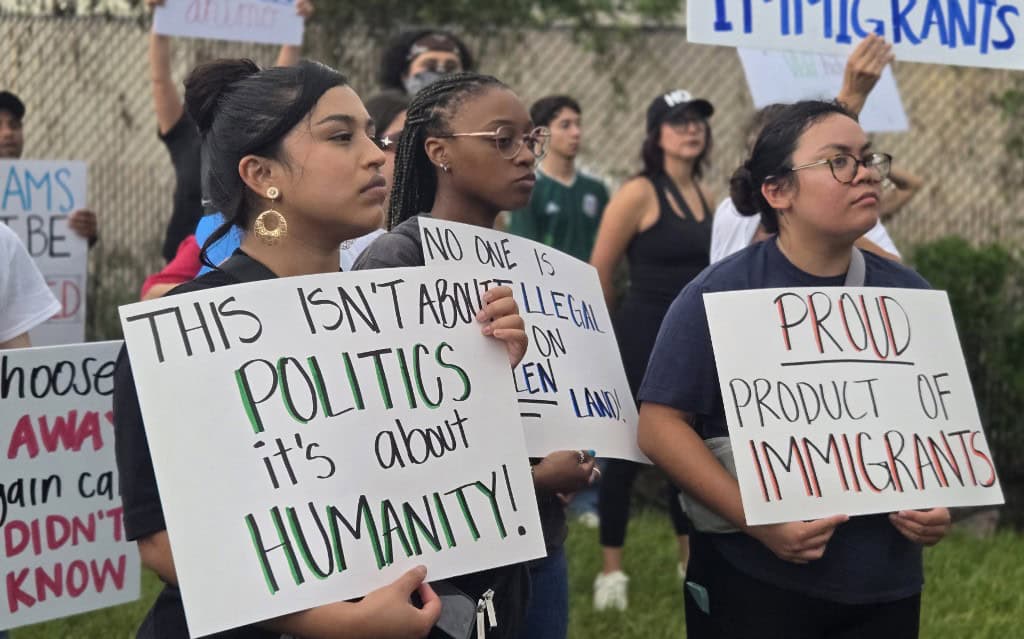Belize and the United States have sealed a deal that positions Belize as a temporary host for migrants pursuing asylum in the U.S., according to announcements from both governments. The agreement, signed yesterday in Belize, lets Washington transfer certain asylum seekers to Belize while their applications undergo review. Officials from Belize described the move as a way to handle migration flows in line with global standards.
Francis Fonseca, Belize’s Minister of Foreign Affairs, Foreign Trade, Culture and Immigration, and Katharine Beamer, the U.S. Embassy’s chargé d’affaires in Belize, put pen to paper on the pact. Belize’s government shared details on social media, noting that the arrangement draws from the 1951 Refugee Convention. This framework permits a nation to redirect asylum claims to another country deemed secure, provided it meets protection requirements.
The U.S. State Department’s Western Hemisphere Affairs Bureau hailed the step, calling it a key advance in curbing irregular migration and reforming the asylum process. “This marks progress in halting illegal entries, curbing system misuse, and tackling regional issues side by side,” the bureau stated.
Belize holds the power to turn away any individual under the terms, especially those posing risks to public order or security. The deal runs for two years at first, with options for either side to end it earlier. Fonseca stressed that such pacts have long helped countries divide duties and manage asylum fairly.
This comes amid broader U.S. efforts to address border pressures. Since Donald Trump took office again, his administration has ramped up deportations and forged similar deals not only with ours but also with El Salvador, Panama, and Honduras. Talks have also surfaced with countries outside the Americas, such as Uganda, South Sudan, and Rwanda, though outcomes vary.
In Belize, the Senate must still ratify the agreement before it takes effect. The government framed it as a balanced approach rooted in international law, aimed at orderly processing without overwhelming any single nation.
Regional observers note that Central America has seen rising migrant movements, driven by factors like poverty, violence, and climate shifts. Belize, with its English-speaking population and ties to the Caribbean, adds a new layer to these dynamics. Critics in Belize worry about added strains on local resources, but supporters argue it strengthens bilateral relations and brings potential aid.
For migrants, the shift means potential relocation during waits that can stretch months or years. Advocacy groups have raised concerns that “safe third country” setups sometimes limit access to fair hearings, though Belize pledges to uphold refugee rights.
As migration patterns evolve, this pact signals ongoing U.S. strategy to distribute responsibilities across borders. Neighboring countries like ours are watching closely, given shared routes and policies.






